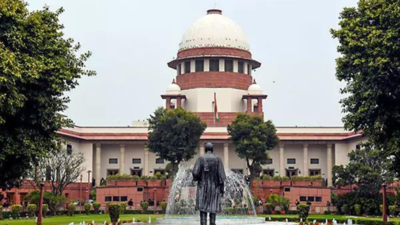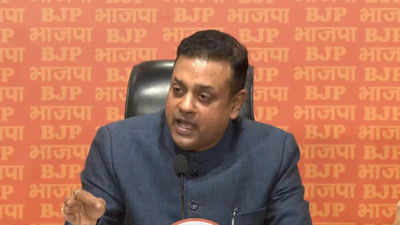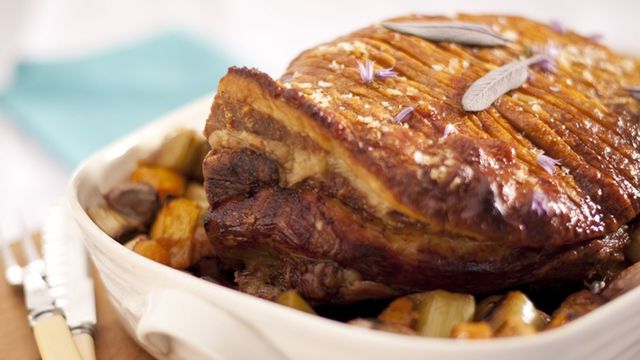
In the 13th century, the Venetian merchant Marco Polo followed the Silk Road on his extensive travels through Asia. He brought back with him tales of adventures, the concept of paper money, and descriptions of coal. But he did bring the one thing we give him most credit for: Pasta.
Common lore has convinced us that the famous traveler introduced noodles to Italy after encountering the food in China. In fact, Italians were probably already quite familiar with pasta. The misconception seems to come from a passage in his famous book, in which he describes a pasta tree.
If historians are so convinced that the Marco Polo story is nothing but a myth, it's because there's ample evidence of pasta existing in Italy long before the merchant was even born. But how did the country's signature food arrive in its territory? The answer is more complicated than you'd think. Who brought pasta to Italy? Though we know China was making noodles long before anyone else, there's some debate about whether pasta came to Europe from Asia.
Some historians believe that the ancient Italian Etruscan civilization was making pasta in the 4th century BCE, but this is based on an ambiguous image found in a single tomb. There are also references to pasta predecessors in ancient Greece. Still, food history scholar Massimo Montanari asserts in his book, that Even if other forms of pasta were already present in the territory now known as Italy, the introduction of dried pasta changed the course of the ingredient's history.
Drying pasta makes it last much longer, which turns it into very convenient food for practically anyone. It also made it an easy product to export to other countries, which might explain why it has taken over the world and our tables. The next time you're making a , getting adventurous with something like a , or , remember to thank the Arab merchants who made it possible for us to enjoy this universally beloved food.
Recommended.














